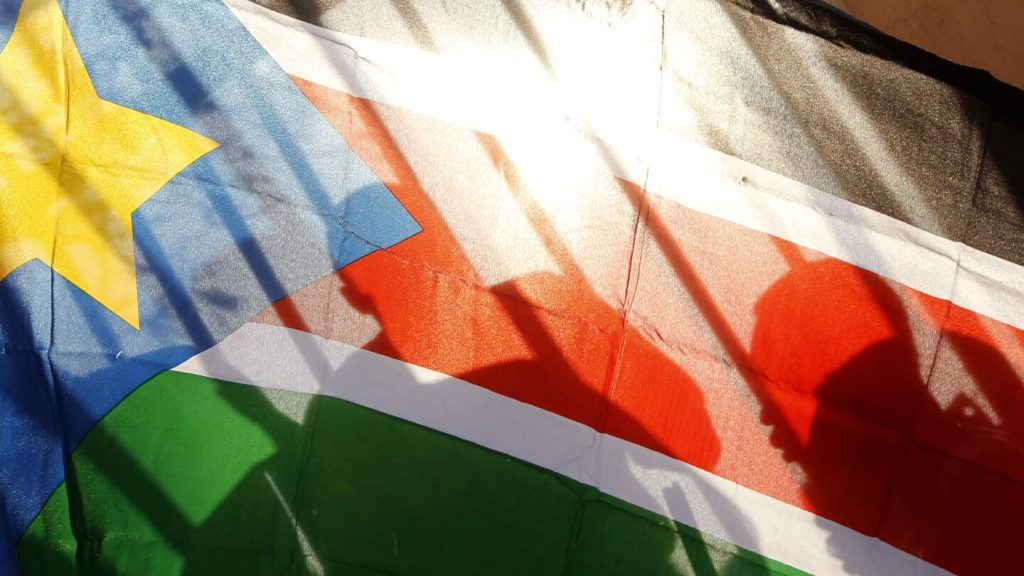The Rise of Global Corruption: A Threat to Progress
Introduction: The Alarming Surge in Corruption
The world is witnessing a troubling rise in corruption, as highlighted by Transparency International’s 2024 Corruption Perceptions Index. This surge is not limited to authoritarian regimes but also affects leading democracies, including the US and France. The index reveals a concerning trend where 47 countries have hit their lowest scores since 2012. This spike in corruption poses significant threats to global efforts, particularly in combating climate change. Transparency International warns that without accountability and transparency, climate funds are vulnerable to misuse, and undue influence from powerful entities hinders progressive policies. This issue underscores the urgent need for global action to restore trust and ensure effective governance.
Understanding the Corruption Perceptions Index
The Corruption Perceptions Index, compiled by Transparency International, assesses the perceived levels of public sector corruption using 13 data sources, including the World Bank and the World Economic Forum. The index ranks 180 countries on a scale from 0 (highly corrupt) to 100 (very clean). The global average remains stagnant at 43, with two-thirds of countries scoring below 50, indicating widespread corruption. This methodology provides a crucial tool for evaluating transparency and governance worldwide, helping identify areas needing reform.
Global Rankings: Leaders and Laggards
Denmark tops the list with a score of 90, closely followed by Finland and Singapore. New Zealand, despite a slight drop, remains in the top tier. In contrast, South Sudan ranks the lowest with just 8 points, surpassing Somalia, which dropped to 9. Notably, Venezuela and Syria also feature at the bottom, reflecting their challenging governance environments. The US fell to 65, France to 67, and Germany to 75, highlighting declines in Western democracies. These shifts emphasize the need for continued vigilance and reform, even in nations with strong governance reputations.
Declines in Western Democracies: A Cause for Concern
Western nations, once bastions of transparency, are experiencing worrying declines in their corruption standings. The US judiciary faces criticism, particularly the Supreme Court’s new ethics code, which lacks robust enforcement. France and Germany saw significant drops, reflecting weakening anti-corruption efforts. Mexico’s judicial inaction in major cases underscores failed political promises to tackle corruption. These declines suggest systemic issues, including political influence and ineffective reforms, which erode trust in institutions.
Regional Challenges: A Mixed Global Outlook
Europe faces its own challenges, with Slovakia’s decline linked to eroded checks and balances, while Russia’s continued drop reflects entrenched authoritarianism. Ukraine, despite conflict, shows progress in judicial independence. The Middle East and North Africa remain bleak, though Syria’s post-Assad scenario offers a glimmer of hope. Sub-Saharan Africa, with the lowest regional average, struggles with pervasive corruption. In Asia-Pacific, unmet anti-corruption pledges highlight the gap between commitments and action, underscoring the need for stronger measures.
Conclusion: The Call to Action Against Corruption
The Corruption Perceptions Index serves as a clarion call for global action. As corruption stifles progress and trust, it is imperative for nations to prioritize transparency and accountability. The link between corruption and climate change underscores the urgency, as effective governance is crucial for addressing global challenges. The way forward lies in fostering ethical leadership and robust institutions. Only through collective action can we curb corruption’s insidious effects and pave the way for a more equitable and sustainable future.








